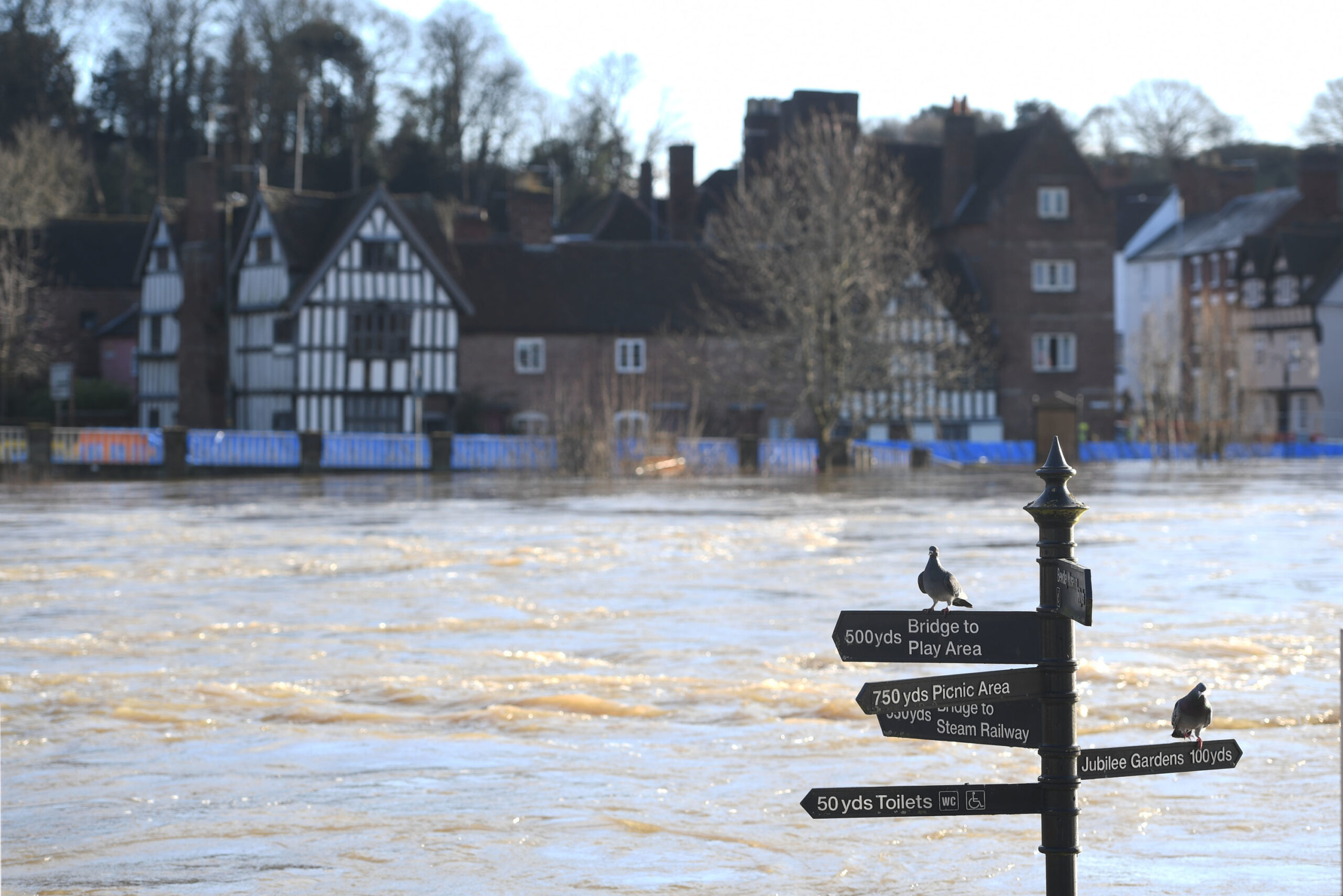What should you actually do if you’re affected by a flood?
The dos and don’ts.
News of floods seem to be filling the airwaves from Germany and Belgium to East Anglia and London, and there is probably more to come.
So, what can you do to minimise your risk and maximise your cover in case of flooding? We talk to expert Heather Shepherd, from the National Flood Forum, about what to do before, during and after a flood.
What should you do to prepare for a flood?
It goes without saying that floods do not always come with much warning, but if you live in a flood-prone area, or a basement almost anywhere, there are things you can do to prepare and, as Shepherd notes, “People often do not know what those are”.
Creating a ‘flood kit’ should be your first task, she suggests, containing everything you might need in the event of evacuation, or being limited to one part of your building: “Toothbrush, toothpaste, spare pair of knickers, that sort of thing.” Consider cash, clothes, medication, phone chargers, bottled water, important insurance documents, anything children might need, like nappies and so on.
There has been some heavy downpours across #London this afternoon.
Please remember to avoid walking or driving through flood water ⚠️pic.twitter.com/91iTqMAtO9
— Environment AgencySE (@EnvAgencySE) July 25, 2021
Sandbags are generally the go-to in domestic flood defences, and though some local councils provide them, others don’t, which might necessitate a trip to B&Q.
If a flood is imminent, take detailed photographs of your property to show to your insurance company, should things take a bad turn. Before you get to that point, making sure your insurance is up-to-date is key. “Check your policy – does it cover floods and is it current? Without insurance, flooding can be horrendous, and if you’re renting, remember that the property [buildings insurance] will be covered by the landlord, but not the contents.”
If you’re uncertain, call the National Flood Forum, which gives advice on insurance, as well as any other aspect of flood preparation.
What should you do during a flood?
The short answer is: as little as possible.
Stay indoors, avoid interacting with floodwaters as much as you can, and certainly do not attempt to walk or drive through them if you have any choice at all. Watery streets might look harmless, but the water may be full of sewage, can carry remarkably heavy objects, and you can’t see what is under the surface.

“Manhole covers lift, and your legs might go down them… and it can take as little as six inches of water to float a vehicle.” During floods, social media often fills with videos of people doing things that may look harmless, or even exciting, but are actually dangerous. Don’t be misled, says Shepherd.
What can you do after a flood?
If you are unlucky enough to have water in your home and damage to your property, “the first thing to do is ring your insurance company, and take lots of photos, including of the tidemark on the wall”.
Then start moving your stuff out of the flooded area. “The quicker you get something out of a property the quicker it will dry. But anything you’re going to claim for on your insurance shouldn’t be thrown away,” warns Shepherd. You may need to show it to the loss assessor to prove the damage.
Something like sodden carpets may need to go, and Shepherd advises getting these out of your home as soon as possible if you can do so safely. “If you can’t, your insurance company will come along and do it. If you can, take photos and keep samples of the carpet.”
We have now taken more than 600 calls to flooding incidents, including flooding to roads & properties, reports of ceilings collapsing & vehicles stuck in water. Crews used specialist water rescue equipment to rescue five people from a car stuck in flood water in #WorcesterPark pic.twitter.com/D0h3qZF0dR
— London Fire Brigade (@LondonFire) July 25, 2021
“Ask your insurance company when they are going to send someone to look at the damage, so you can decide whether you need temporary accommodation.” Living in a damp environment can be very unhealthy and, Shepherd points out, dehumidifiers are very noisy, and it’s disruptive having works going on in your home, so often you’re better taking up alternative accommodation.
If you have specific issues or queries, the National Flood Forum is an independent charity set up to help people affected by, or at risk of, flood. They can be contacted on 01299 403 055 or info@floodforum.org.uk.
If you have any experience of flooding that you would like to share please add your comments in the box below. We’d love to hear from you.
The Press Association
Latest posts by The Press Association (see all)
- 6 foods that are great for your heart health - April 8, 2025
- Award-winning actors to star in Second World War film released for VE Day - April 8, 2025
- King Charles and Queen Camilla release official 20th wedding anniversary photographs - April 7, 2025
- The 5 ways drinking alcohol can affect your body - April 7, 2025
- Why you should welcome these scary-looking critters into your garden - April 7, 2025




















